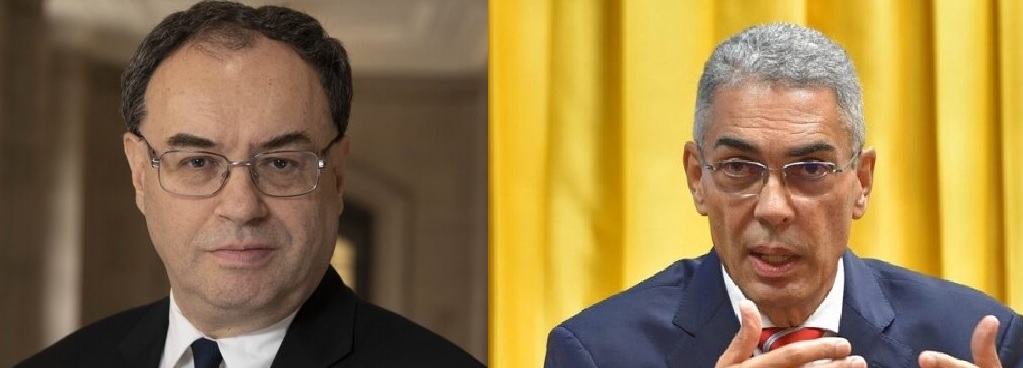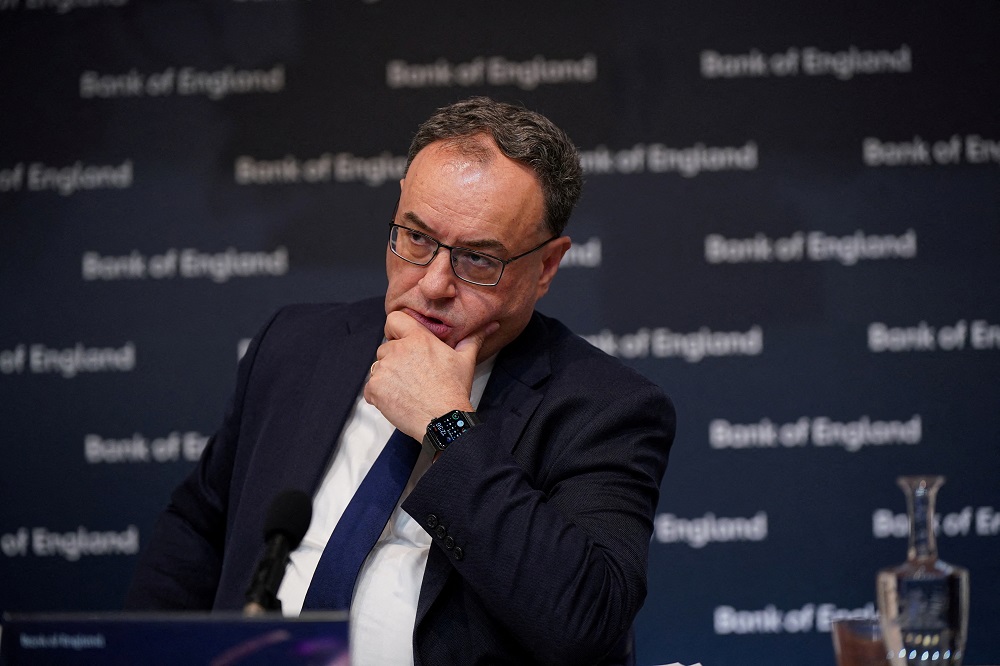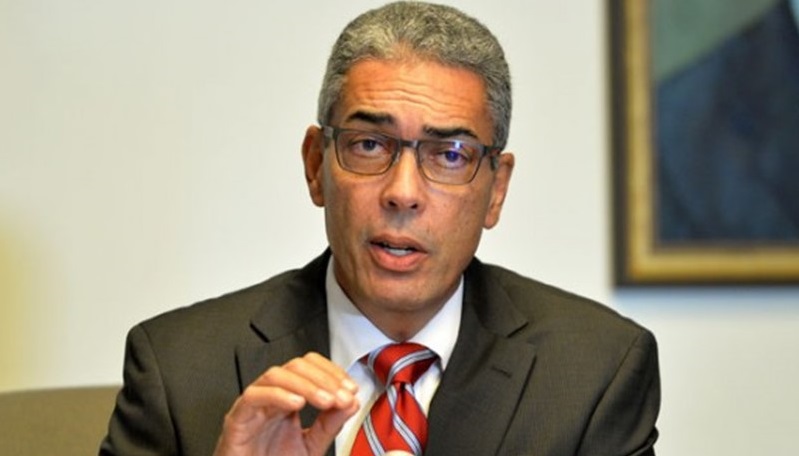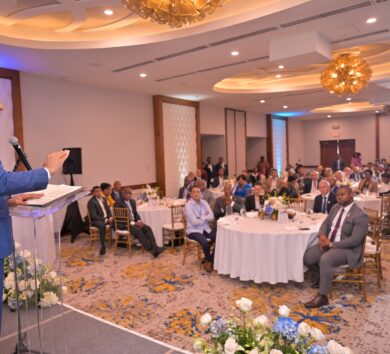

It is almost unimaginable that the Bank of England (BOE) would get it so wrong on its inflation modelling and the Bank of Jamaica would call it right.
This again demonstrates that the BOJ is reading the inflationary situation better than the big boys ( The Fed, The U.S. Treasury and the BOE) but it gets little recognition for this from the folks at home.
Ah well, we have always had a penchant for all that is foreign.
Today, the BOE was raked over the coals for getting inflation figures drastically wrong with doubts cast over its ability to calculate and assess inflation.
Hauled before a Treasury Committee, MPs read the riot act on discovering that rather than inflation being close to its 2 per cent target, headline inflation is in fact around 10 per cent.
Conservative MP John Baron accused the BOE of a “woeful neglect of duty.”

The BOE estimated that Consumer Prices Index (CPI) inflation could fall to just 1 per cent in 2024 but now it is expected to be around 3.4 per cent.
So how come the great BOE is so off the mark? Who is asleep at the wheel?
The BOE’s Chief Economist Huw Pill said: “ We recognise our forecasts on inflation have been too low. We are trying to understand why we have made those errors, interpret those errors in terms of the behaviour, and make an assessment in terms of how it will continue.”
Yesterday, the Governor of the Bank of Jamaica announced that headline inflation at April 2023, was 5.8 per cent, falling within the Bank’s target range of 4.0 to 6.0 per cent for the first time since July 2021. This is a welcome development and a continuation of the general downward trajectory since inflation peaked at 11.8 per cent a year ago.
The BOJ’s Monetary Policy Committee announced on Friday that it would hold the policy interest rate at 7.0 per cent.

The BOE’s Monetary Policy Committee chose to raise interest rates for the 12th time in a row this month, taking it to 4.5 per cent.
Governor of the BOE Andrew Bailey explaining before the Treasury Committee why he and his team got it so wrong said: “ The Bank needed to learn very big lessons in how we operate monetary policy in the face of very big shocks because the shocks that we have faced have been unprecedented.
“I think there are big lessons about how we operate policy in the world of very big uncertainty. We have to make policy in real-time. We don’t make policy with the benefit of hindsight.”
Bailey blamed the weather and climate conditions for throwing of the inflation modelling, citing the situation in Russia, shortage of vegetables from Morocco and higher sugar prices.
“These weather events are genuinely things I think you can’t predict from period to period,” he added.
Governor Andrew Bailey conceded that the BOE will no longer be following its own model when predicting price rises.
Back to Jamaica, Governor Byles was encouraged but guarded with his optimism about inflation.

“The risks to the inflation outlook are balanced. Higher than projected future wage adjustments, a stronger than anticipated impact of climate change on domestic agricultural prices, and a worsening in supply chain conditions could put upward pressure on inflation. Further, higher than projected interest rates among major developed economies could worsen the interest differential, thereby putting pressure on the exchange rate, which would contribute to higher inflation.
“Among the factors that could lead to lower than projected inflation are weaker than expected global growth, which could negatively affect domestic demand, and some projected adjustments to regulated prices not materialising,” said Governor Byles.
After the BOE got the inflation numbers wrong John Baron MP asked of Governor Bailey, “Why should the public have confidence in your ability to get it right going forward, and what will you do differently?
Of its erroneous inflation forecasting, Governor Bailey said: “We hold our hands up and say that is a judgment we had to make and it didn’t turn out right.”







Comments